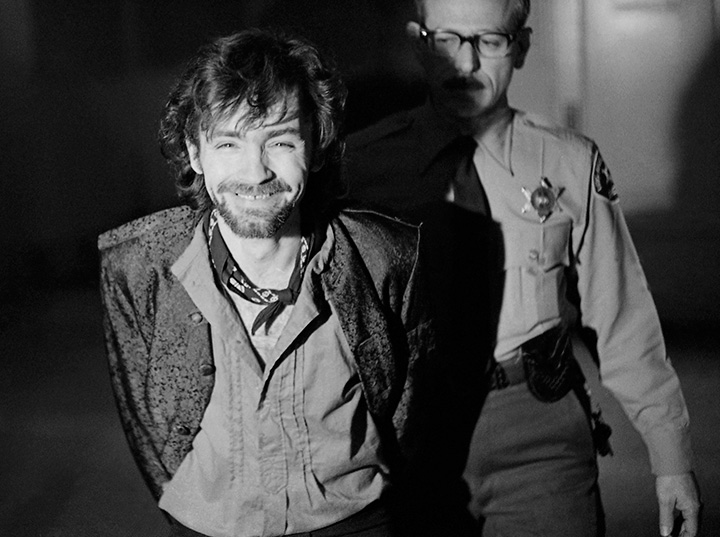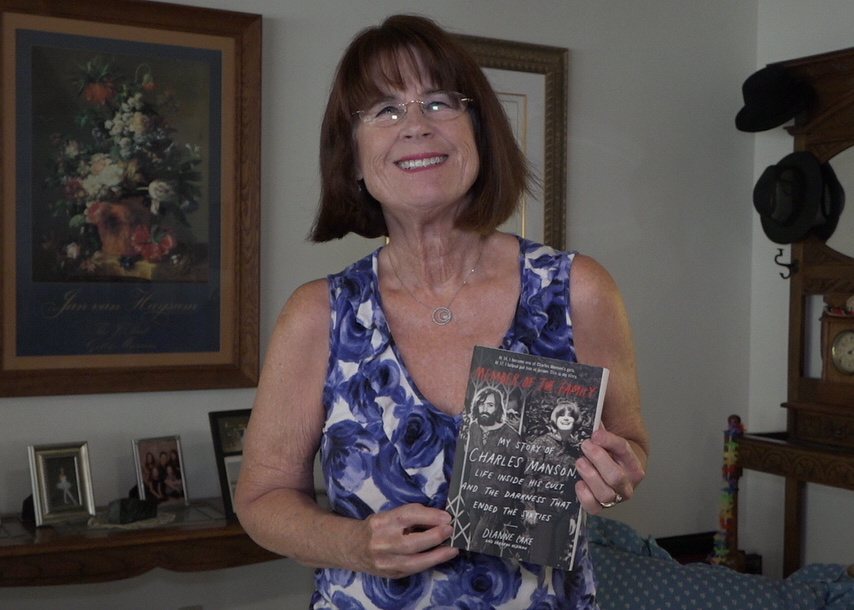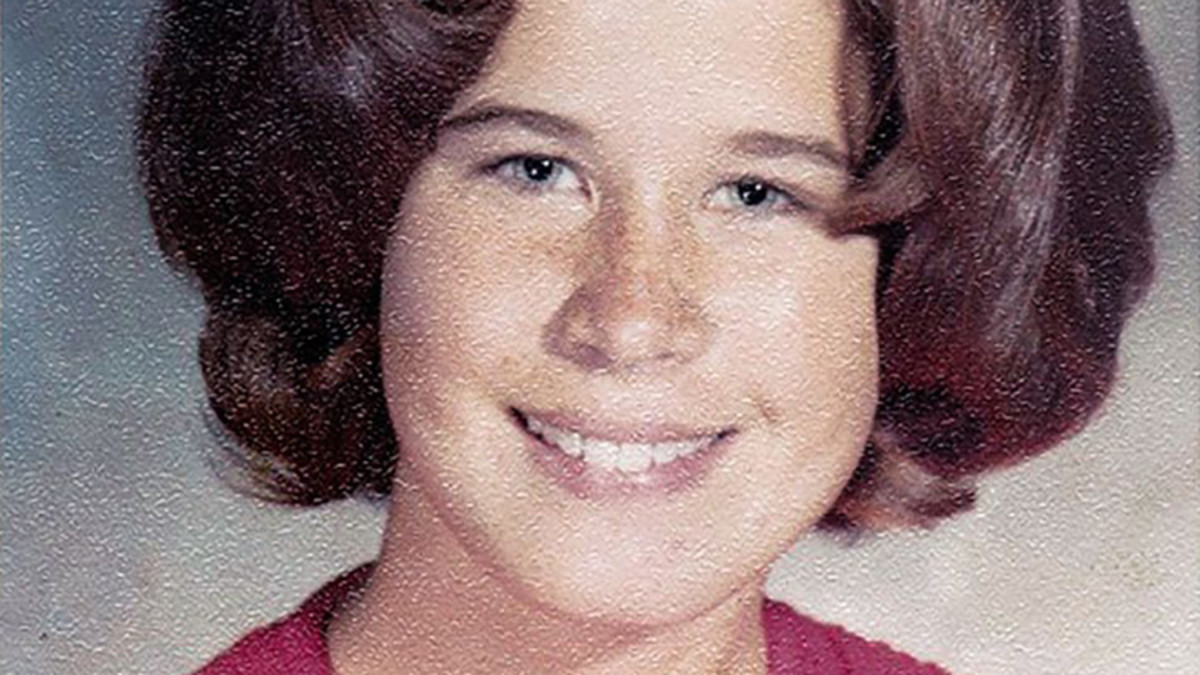American cult leader Charles Manson died in prison in 2017, but the morbid fascination with his story lives on.

The 50th anniversary of the Manson murders has inspired a collection of new books and movies, including Quentin Tarantino’s Once Upon a Time in Hollywood, adding to the existing, exhausting list of Manson material.
WATCH: Manson victims still fighting for justice more than 50 years later

“He was a master of getting the public’s attention,” said Manson biographer Jeff Guinn.
“And that’s why today we remember Charlie Manson when we forget the names of those who have committed even more atrocious multiple murders around the country.”
LISTEN BELOW: Jeff Semple joins the 630 CHED Afternoon News
Another reason for the enduring intrigue surrounding Manson’s story is that the so-called “serial killer” never actually killed anyone.
READ MORE: Manson prosecutor says guilty should stay locked up forever
Instead, he persuaded others to do his dirty work.
“He managed to make the world think he was some kind of mystical mass killer who could control zombie-like followers. And absolutely none of that was the case,” Guinn said, noting that Manson learned how to manipulate vulnerable people while working as pimp in the 1950s.
“He always had a philosophy as a pimp of finding young women who he said were ‘bent but not completely broken,'” he said.

Get daily National news
“And then he used classic pimp techniques: you isolate the women from any family and friends. You make them completely dependent on you.”
WATCH: Dianne Lake, the youngest member of the Manson family is telling her story

In the 1960s, he formed the “Manson Family”: a California-based cult that included dozens of drug-using drifters and members of the 1960s counterculture.
One of its first and youngest members was Dianne Lake.
“He was kind of this guitar-playing hippie,” Lake said, recalling the night she first met Manson at a party when she was 14.
“He was very playful and funny. He offered me some of his root beer and invited me to come sit in the circle.”
WATCH: Jan. 30 — Charles Manson follower Leslie Van Houten recommended for parole

Lake, who later testified against Manson at trial, said her parents were drug users who had “dropped out” of society and granted her permission to live on her own.
She eventually moved in with Manson and his followers.
“He had this an uncanny ability to manipulate, because he could become whoever those people that he met needed. He had an uncanny ability to read people.”
But as time went on, Manson grew more controlling and abusive, she said.
“He kind of descended into madness. He had an acid trip where he felt like he was being crucified and he took that as being that he was the coming Christ,” Lake said.
READ MORE: Charles Manson follower Leslie Van Houten recommended for parole
She recalled how Manson used to make his followers practice fighting, so that they could defend themselves from what he believed was an inevitable apocalyptic war.
“He believed that he was the Messiah and then he got the message that he was supposed to start ‘Helter Skelter,’ which was this black-white race war,” Lake said.
Lake was ostracised from the group after she disobeyed Manson, she said.
“I give all the glory to God for saving and preserving me and protecting me, through all of that. I am just so incredibly thankful.”
In July and August 1969, Manson’s remaining followers brutally murdered nine people, including Hollywood actress Sharon Tate, who was eight months pregnant.
WATCH: Nov. 20, 2017 — Cult leader Charles Manson dead at 83

Their first victim was Gary Hinman, a musician who had opened his home to members of the Manson Family.
“It was so horrendous for our family,” recalled Hinman’s cousin, Kay Martley.
She said the 50th anniversary carries mixed emotions.
“There is never closure, because it’s constantly brought up over and over again,” she said.
READ MORE: A Charles Manson follower who was convicted of murder could be freed on his 19th try at parole
Five Manson Family members who were involved in the murders remain in prison.
They’ve been recommended for parole on numerous occasions, but each time the governor of California has overruled the decision.
Martley said the sustained public interest and pressure surrounding the case helps to ensure they remain incarcerated.
“It’s always difficult to rehash the actual murder and the circumstances,” she said. “But these people have to stay in prison.”











Comments
Want to discuss? Please read our Commenting Policy first.